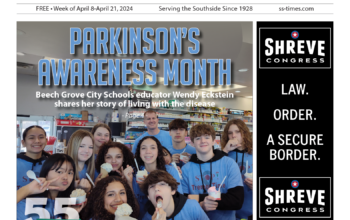By Curtis Honeycutt
I haven’t been hitting the sauce much lately, nor have I been any number of sheets to the wind. Call me old-fashioned, but I find that the best way not to keep the giggle juice flowing is not to buy more Jameson once I scrape the bottom of the barrel. Although – for the record – two fingers of whiskey with a few squares of extremely dark chocolate (88%) are my idea of a perfect dessert once the kids are in bed.
Today we’re going to raise a glass to drinking idioms to help understand the meaning behind the phrases. It’s a pub crawl of bubbly babble, lager lexicon and boozy buzzwords. Let’s knock back a few!
Firstly, let’s gin up a definition for the term “gin up.” It has a few meanings depending on context. Gin up can mean to exaggerate or embellish something. It can mean to produce or create something. Gin up can also mean to stimulate something to be more productive. As you can tell, situational understanding of “gin up” is key, as we don’t want to look like a guy with a lampshade on his head at a party.
Let’s visit an antiquated idiom that I particularly like. “All claret would be port if it could” is a term that mirrors the modern phrase “the grass is always greener on the other side of the fence.” As port was viewed as superior in taste and quality compared to its cheaper cousin, claret, people at any stage in life can always find someone whose life seems better than theirs. After all, it was English lexicographer and writer Samuel Johnson who said, “Claret is the liquor for boys, port for men; but he who aspires to be a hero must drink brandy.”
It’s five o’clock somewhere, so it’s time to hit happy hour for a quick round of raucous potable proverbs. “Like old wine in a new bottle” describes something that seems novel or new but is really just something repurposed from a previous method. If someone describes something as “clear as vodka,” they could either mean it is easy to understand, or they could be incorporating sarcasm to indicate the subject is actually unclear. Again – you need to be sober-minded to grasp many of these terms.
While I only scratched the surface of alcohol-related idioms today, perhaps now you have some interesting tidbits to share at your next rooftop party while you and your friends are sipping bubbly. After all, if you’re partying on the roof, all the drinks are technically on the house.
—Curtis Honeycutt is a wildly popular syndicated humor columnist. He is the author of Good Grammar is the Life of the Party: Tips for a Wildly Successful Life. Find more at curtishoneycutt.com.

